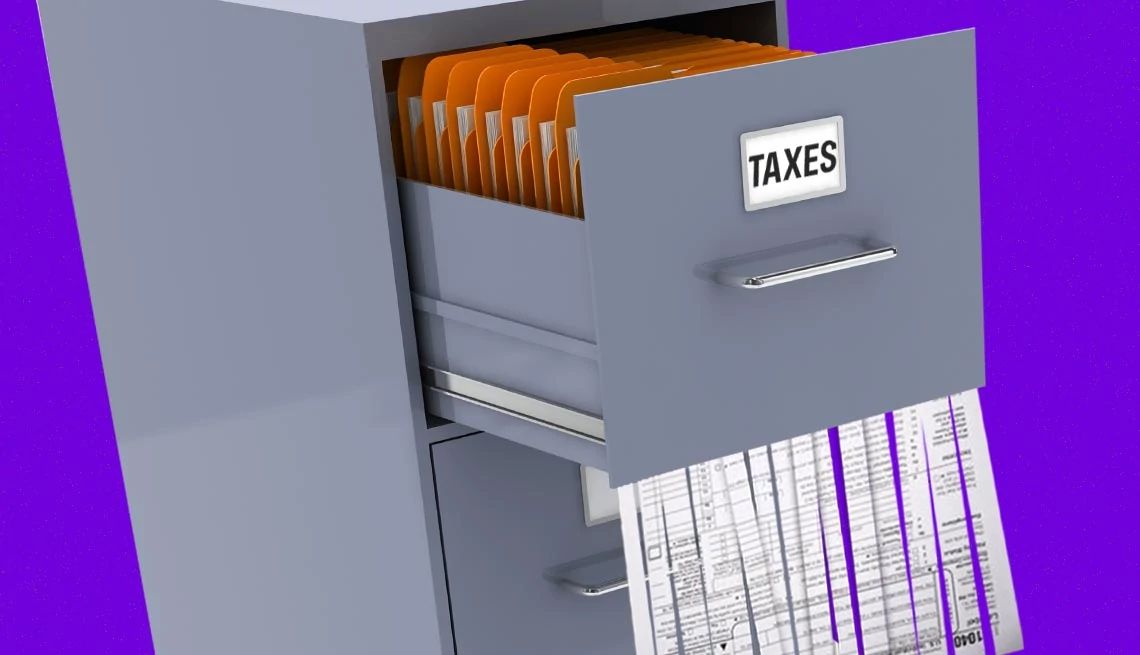AARP Hearing Center
After you file your tax return, you may be wondering how long you need to hold on to your tax records. You might be tempted to shred everything and toss the debris in the trash. Or you might assume that you need to hold on to every tax return and supporting document forever.
Turns out, you do need to keep certain tax documents for a period of time in case the IRS or state treasury department has questions about the information you provided on your return — or you get audited. But don’t worry — you don’t need to turn your basement into a storage facility for decades’ worth of tax records.
To protect yourself, follow these recordkeeping guidelines.
3 years
You should keep tax returns and supporting documents for at least three years after you file them, says Logan Allec, a certified public accountant (CPA) and founder of Choice Tax Relief in Los Angeles. This is based on the statute of limitations for assessments, which determines how long the IRS has to audit your return.
Therefore, keep any documents related to your income and deductions or credits you claimed for at least three years, including:
- W-2 forms reporting income from employers.
- 1099 forms reporting income from sources such as self-employment, interest, dividends, pensions, retirement account distributions and government payments (including unemployment benefits).
- 1098 forms showing tax-deductible interest, such as mortgage interest, student loan interest, tuition payments and donations of motor vehicles.
- Sales receipts, bank and credit card statements, canceled checks, loan documents, paid invoices, mileage logs and other documents supporting charitable contributions, itemized deductions and tax credits claimed.
- Investment account statements and retirement plan contribution records.
- Home and rental property purchase and sale documents, and records showing the cost of any improvements or renovations made.
- Schedule E for rental property income.
“The more documentation and proof of what you claimed, the better” in the event you get audited, Allec says.
6 years
The statute of limitations has some important exceptions. For one, the IRS has six years to audit your return if you underreported your income by 25 percent of the gross income shown on your return. For example, if you claimed your gross income was $50,000 and it was really $100,000, you substantially understated your income.






































































